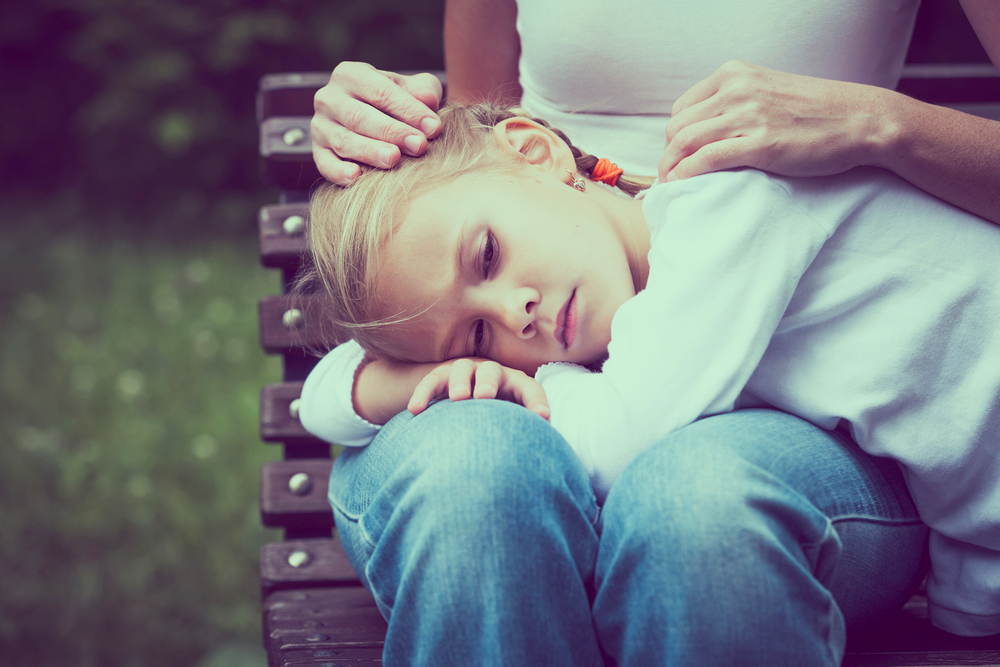Talking to Your Kids About Las Vegas
 If you read my post yesterday, you know I’m trying to use October to make small changes in my life that will bring me greater peace and contentment. The world is not making it easy. I woke, like many of you, this morning to a CNN alert on my phone to the largest mass shooting in our history. Thousands of people simply out having a nice time were sent running for their lives, and as of now, 58 dead and 515 injured.
If you read my post yesterday, you know I’m trying to use October to make small changes in my life that will bring me greater peace and contentment. The world is not making it easy. I woke, like many of you, this morning to a CNN alert on my phone to the largest mass shooting in our history. Thousands of people simply out having a nice time were sent running for their lives, and as of now, 58 dead and 515 injured.
I cried all the way to the high school talking to my daughters and their friends about this horror. They had questions. Was it terrorism? Why did he do it? How did he get the guns? Why are people allowed to have automatic weapons, which are used for nothing other than mass murder? I had no answers. I still have no answers. I have a lot of opinions about gun control and mental illness, but I had no good answers for these girls just trying to start a normal school week.
Here is what I do know about speaking to your kids about horrific happenings, something we are sadly needing to do more and more.
- Stay calm, and try not to let your emotion get the best of you. They will sense your fear and worry.
- Deliver the facts, so they are armed with solid information when confronted with hyperbole and rumor.
- Answer the questions they have, not the ones you think they should have.
- Have the discussion when you can truly talk and look them in the eye. You will learn more about their reaction by their face than by their words. Allow ample time for questions.
- Know your child. There is no one-size-fits-all approach. If you have kids of different ages, you may want to address it with them individually. Your approach should be different with a 5th grader than a 1st grader. Some children instinctively want less information, some will have more questions. Keep their coping mechanisms in mind when talking about grown up topics. Understand even older kids may not be equipped to hear every detail or watch the videos on TV.
- Protect them when you can, but be realistic about the probability they will hear it from someone else. I discussed it with all my big kids this morning, because in high school and middle school, I expect it will come up. I am hoping my 2nd graders do not get wind of it, but I will be ready to answer questions at 3pm today. Be aware of what is on the television when your young kids are around.
- Even if you don’t feel it, try to project confidence this will not happen to them. Unlike stranger danger and looking both ways, we can’t prevent this from happening by educating our kids. We can only pray this madness will end.
- Do not judge your child’s reaction. Kids — and adults — often react inappropriately to high stress information. A smirk or a giggle does not mean they are insensitive, it means they do not know what to do with the emotions they are experiencing.
- In this particular case, I am going to focus on mental illness. I believe this will be less terrifying than focusing on bad people.
- Finally, if you have a conversation with your children today, tomorrow gently readdress it. Questions and worries may have come up for them in the interim, and they may not know how to raise a difficult topic like this.




















